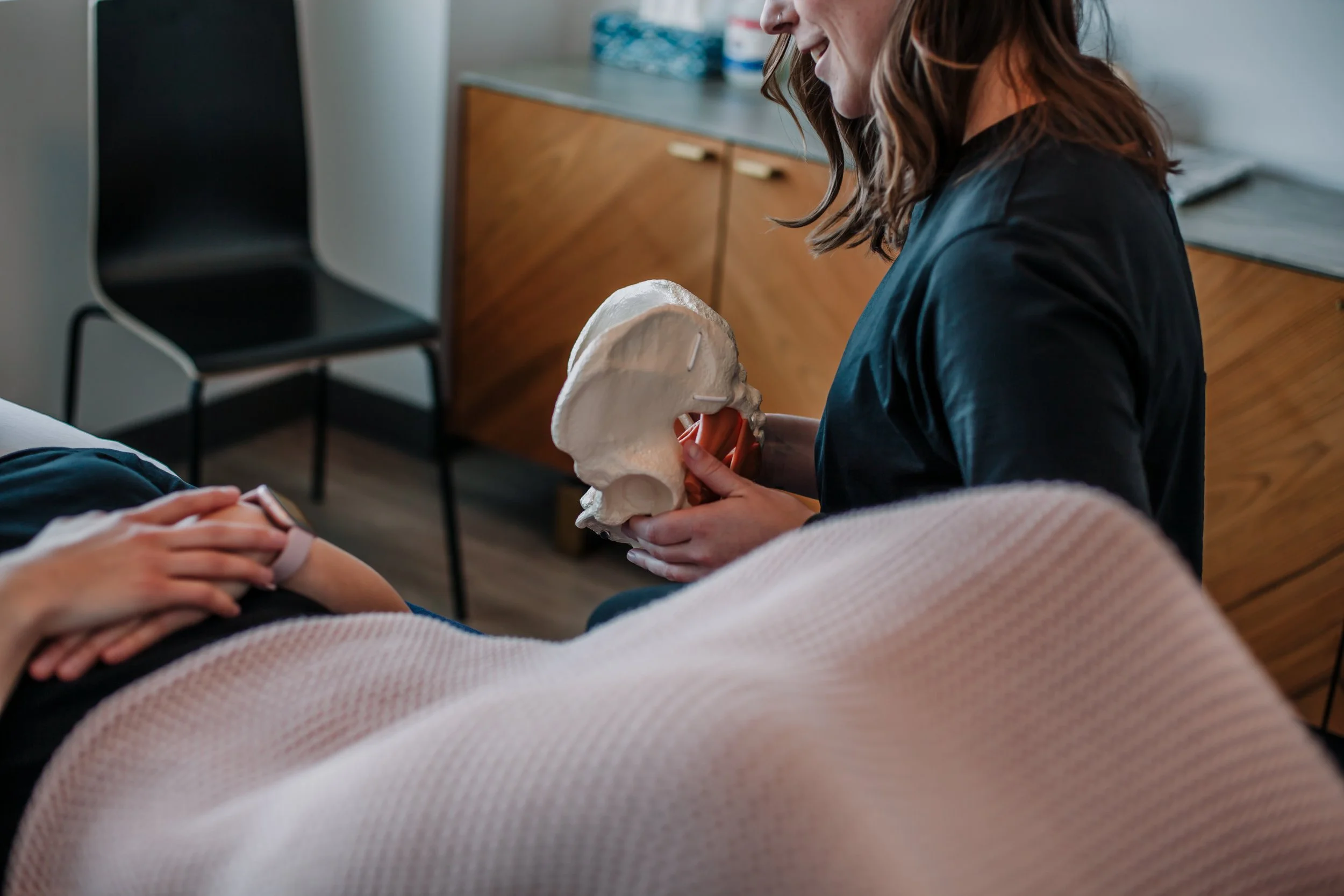Stress urinary incontinence (SUI) is a common condition characterized by the unintentional leakage of urine during physical activities that put pressure on the bladder, such as coughing, sneezing, laughing, or exercising. While SUI can significantly impact a person's quality of life, there are effective treatments available to manage and alleviate symptoms. In this blog post, we'll explore what stress urinary incontinence is and discuss some of the treatment options.
Understanding Stress Urinary Incontinence:
Stress urinary incontinence occurs when the muscles and tissues that support the bladder and urethra become weakened, leading to leakage of urine during activities that increase abdominal pressure. Common causes of SUI include childbirth, menopause, pelvic surgery, obesity, and aging. Symptoms of SUI may vary in severity, ranging from occasional leaks to more frequent and significant episodes of urine leakage.
Treatment Options for Stress Urinary Incontinence:
Pelvic Floor Exercises: Pelvic floor muscle exercise, are often recommended as a first-line treatment for SUI. These exercises involve contracting and relaxing the pelvic floor muscles to improve strength and control. A pelvic health physiotherapist can provide guidance on how to perform Kegels correctly and develop a personalized exercise program.
Lifestyle Modifications: Making lifestyle changes can help manage symptoms of SUI. This may include maintaining a healthy weight, avoiding foods and beverages that irritate the bladder (such as caffeine and alcohol), quitting smoking, and managing chronic coughing.
Bladder Training: Bladder training involves scheduling regular trips to the bathroom to empty the bladder, gradually increasing the time between voids. This can help retrain the bladder to hold urine for longer periods and reduce urgency and frequency.
Pelvic Floor Devices: Pelvic floor devices, such as vaginal cones or weights, can be used to help strengthen the pelvic floor muscles. These devices are inserted into the vagina and require the user to perform pelvic floor exercises to hold them in place.
Medical Intervention: In cases where conservative treatments are not effective, medical interventions may be considered. These may include medications to improve bladder function, injections of bulking agents to support the urethra, or surgical procedures to provide additional support to the bladder and urethra.
Conclusion:
Stress urinary incontinence can have a significant impact on daily life, but effective treatments are available to manage symptoms and improve quality of life. Whether it's through pelvic floor exercises, lifestyle modifications, or medical interventions, individuals with SUI have options for finding relief. If you're experiencing symptoms of SUI, don't hesitate to speak with a healthcare provider or pelvic health specialist to explore treatment options tailored to your needs. With the right approach, you can regain control and live confidently without the worry of urine leakage.

